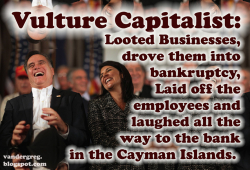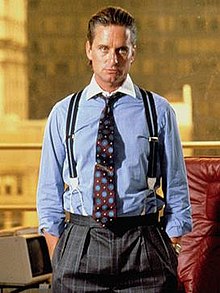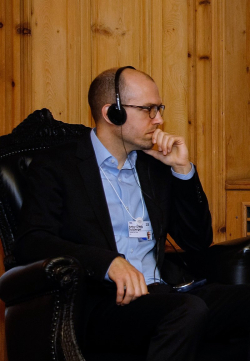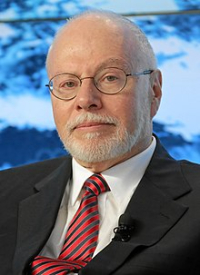
I take a back seat to no one in my criticism of companies like AT&T, IBM and GE, whose dividend-first policies acted as a slow liquidation while the cloud grew up around them. A company needs to grow if it wants to survive. It must keep investing if it wants to have a business tomorrow.
But it is hard to do because of the real villains in this piece.
Hedge funds. Vulture capitalists.

This has continued.
A good example of what can happen, from the 2000s, is Manchester United. The club ran a big cash balance. It tried to do the right thing, saving for a rainy day. They were ripe for the taking. The late Malcolm Glazer bought the club with its own money.
Here’s how it worked. Once he took command, he put the cash that was on the books into his pocket, borrowed more money against the equity, then raised more cash through a public offering. Much of that cash also wound up in his pocket. The club wound up burdened with debt , but Glazer had both his money back, and the property. His sons still own it. That’s why, when Abu Dhabi swooped in to buy Manchester City, United couldn’t compete.
The point is “doing the right thing” by a company’s future can be impossible in a world of vultures. The same is true for ethical behavior. Business ethics is what you can get away with, and if you don’t run up against the ragged edge of the law, you will be taken out by someone who does.

One of the worst abuses in the current system, which I’ve written about before, is the dual-shareholder model. This was how The New York Times became a public company. Shares sold to the public had a fraction of the voting power of those held by the Ochs-Sulzberger clan. The present “publisher” of the Times is the 5th in his direct line, dating from Adolph Ochs’ purchase of the paper for $75,000 in 1896. This is the divine right of kings, not corporate democracy.
The Murdochs maintain control of Fox through the same mechanism. But this has really come to “glory” through the technology business, in what is called the cult of the founders. It’s all done to “protect” the company from the “vultures.” But if we had protections in law against their machinations this would not be necessary. Why should your children bow to the children of Larry Page, because he founded Google? You’d might as well call them Dukes or Counts and be done with it. It’s obscene.
Most of the vulture capitalists are closely tied to Trump. His Secretary of Commerce, Wilbur Ross, counted himself among that number. At last report Carl Icahn was still trying to take over Hewlett Packard after destroying Xerox. During “normal” times these jamokes are all over the papers. Guys like David Ackman, David Tepper, and Dan Loeb. They destroy companies and pay lower taxes than the rest of us because it’s all “capital gains.” Why capital gains aren’t taxed like ordinary income, when they hit an individual’s tax return, is beyond me. I blame vulture capitalism.

During good times, men like Singer are treated as heroes, almost as Gods, by Wall Street. Mitt Romney nearly became President because of his success as a vulture capitalist. The smart vultures know this and keep their names out of the paper. I recently wrote about one of them for InvestorPlace, a relatively small bird named Stefan Kuluzny. Kuluzny has gotten rich destroying retail companies, paying small amounts of cash for them, then loading them up with debt he can renounce when the ship sinks.
There can be wisdom in a turnaround. A company that gets taken over by another company, or even an individual investor dedicated to growth, can be a wonderful thing. This is how Warren Buffett works. Most of his good deals have been in the insurance business, a wonderful generator of cash. He buys companies when they’re undervalued, pays the top people well, and tells them to manage for the long-term rather than the short term.
But the rest of them I wouldn’t touch with a barge pole. When this is over, the first thing we need to do is fry their asses, as part of ending this Second Gilded Age.









